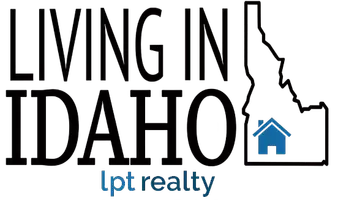
A First-Time Homebuyer’s Guide to Treasure Valley, Idaho: Exploring the Best Places to Plant Your Roots
A First-Time Homebuyer’s Guide to Treasure Valley, Idaho: Exploring the Best Places to Plant Your Roots Taking the leap into homeownership is both thrilling and a little intimidating, especially when it’s your first time. If you’re looking at Idaho’s Treasure Valley, you’re already on a promising pa

How to Prepare as a First-Time Homebuyer: A Step-by-Step Guide 2025
How to Prepare as a First-Time Homebuyer: A Step-by-Step Guide Buying your first home is an exciting milestone, but it can also feel overwhelming. From understanding your budget to getting pre-approved for a mortgage, there’s a lot to consider. This guide will walk you through how to prepare as a fi

How to Prepare as a First-Time Homebuyer: A Step-by-Step Guide
How to Prepare as a First-Time Homebuyer: A Step-by-Step Guide Table of Contents Introduction Step 1: Assess Your Financial Readiness Step 2: Get Pre-Approved for a Mortgage Step 3: Create a Home Wishlist Step 4: Work with a Knowledgeable Real Estate Agent Step 5: Understand the True Costs of Homeow
Categories
Recent Posts










